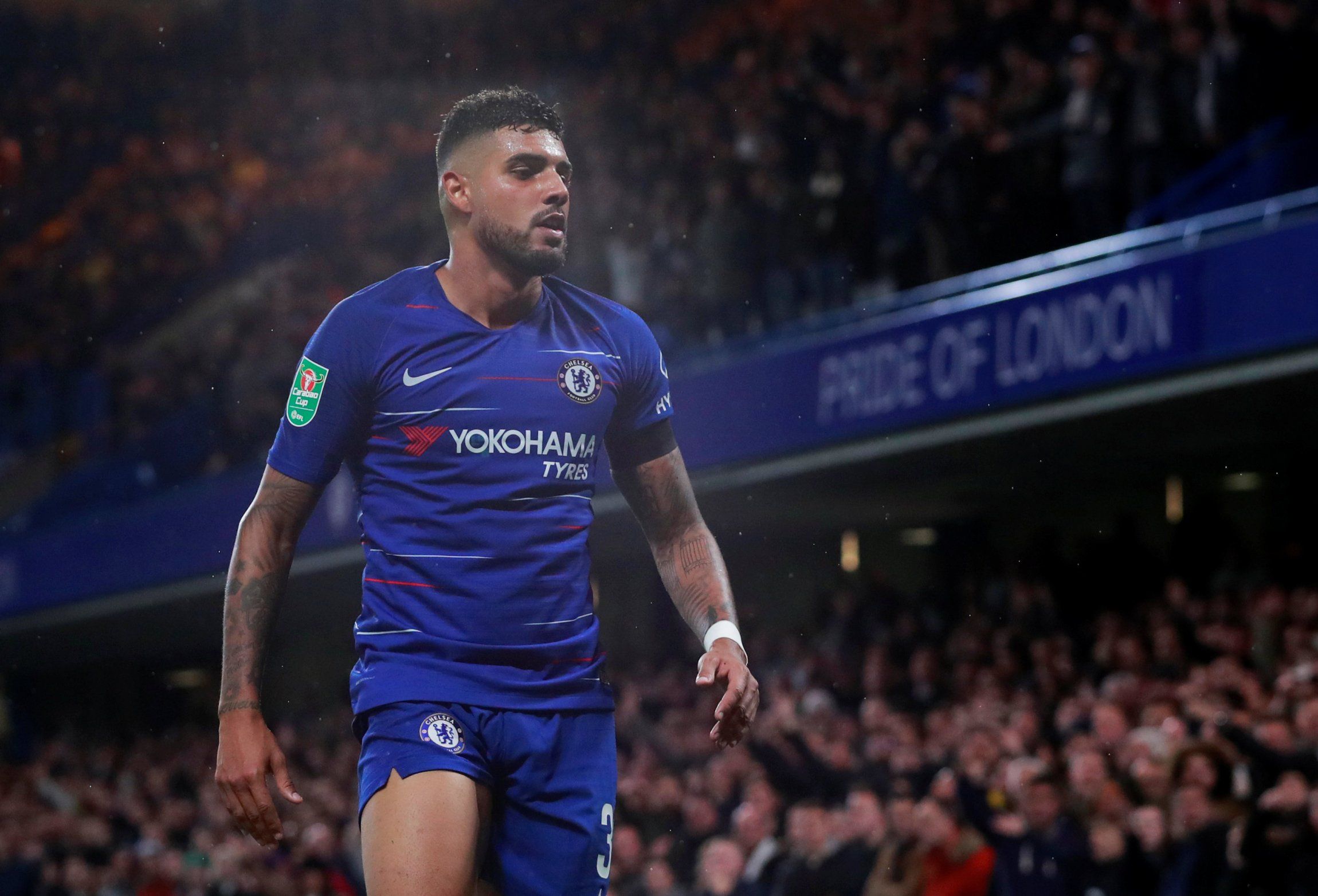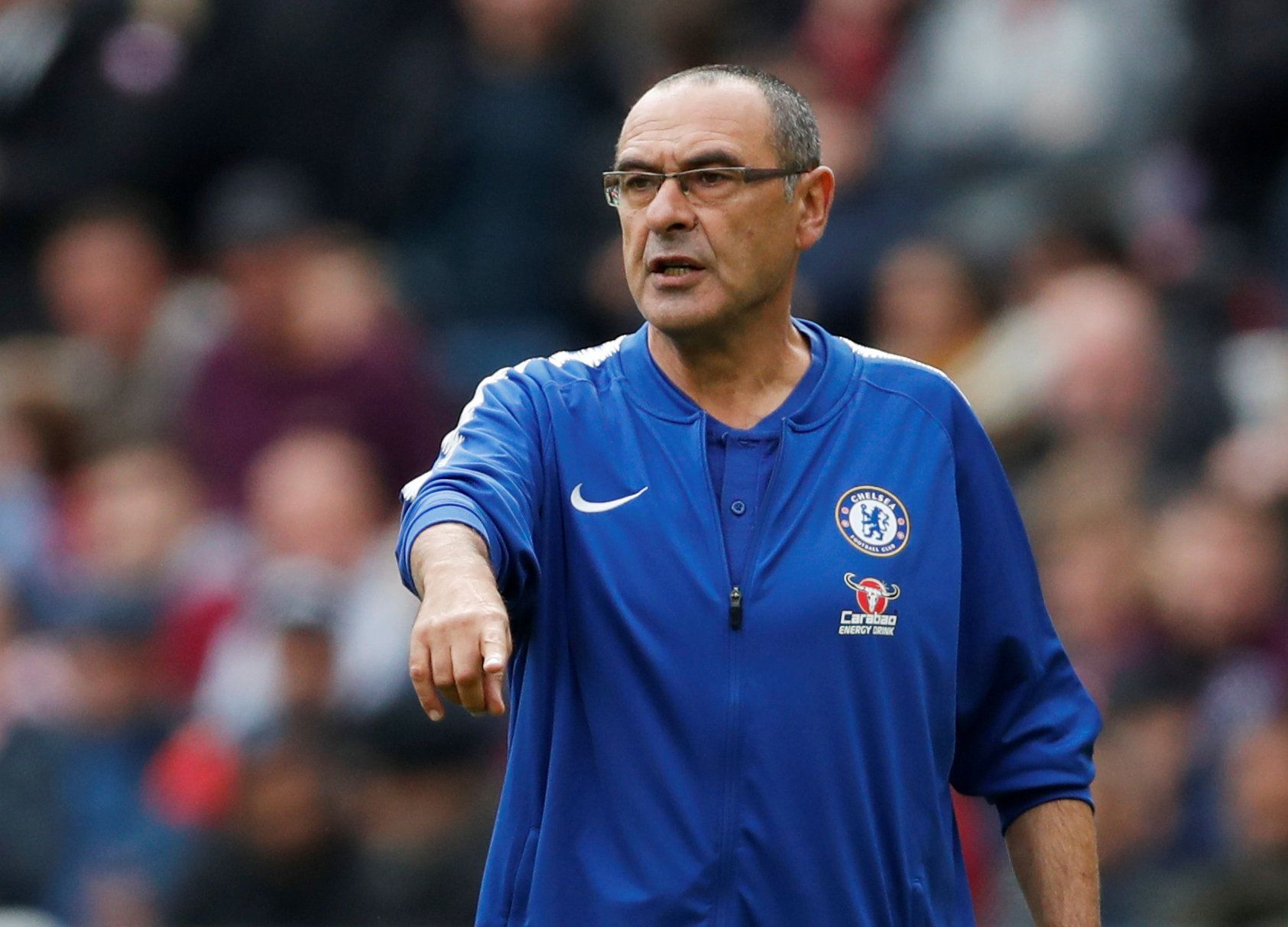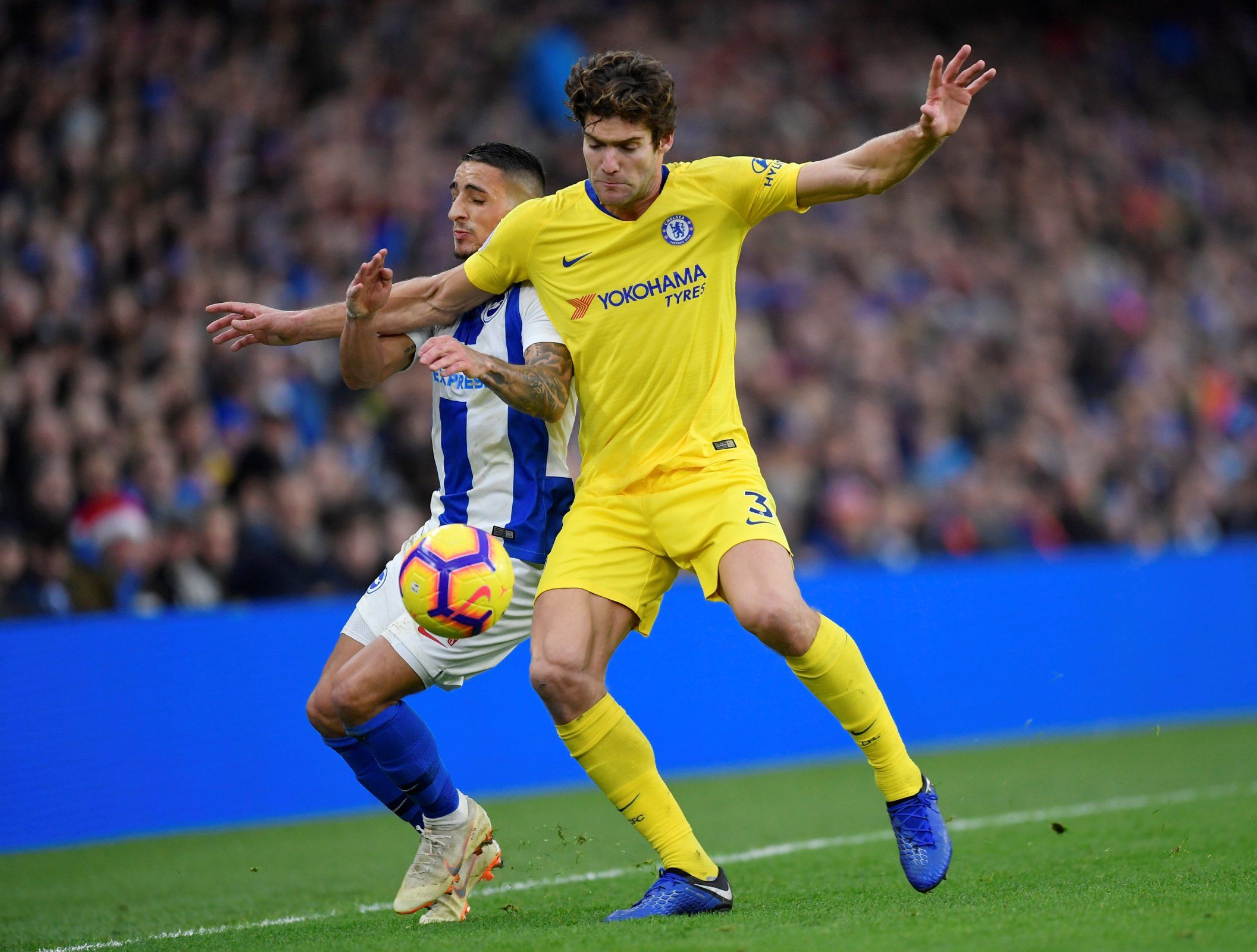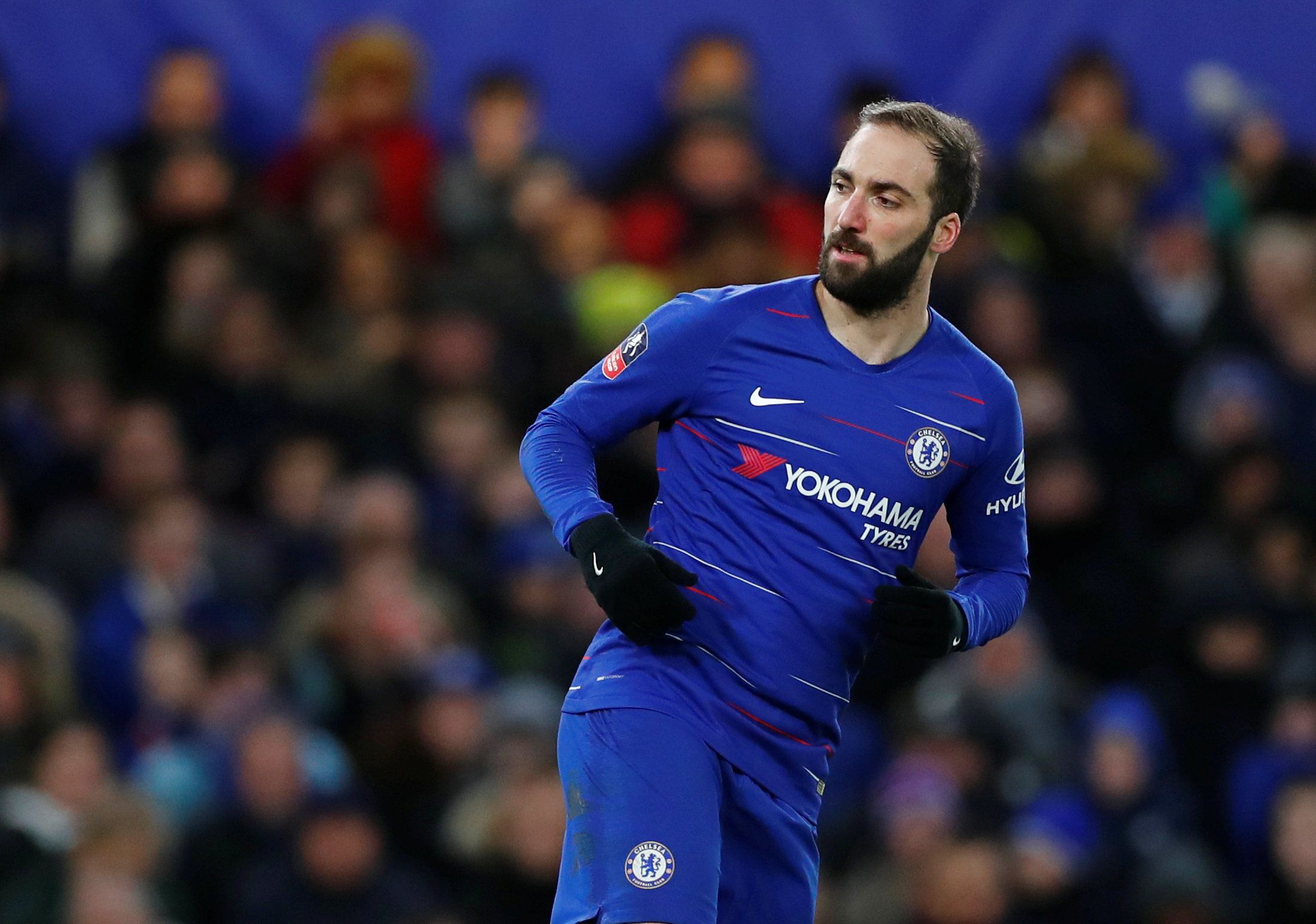[ad_pod ]
It’s always tricky to adapt to life in a new country, and Maurizio Sarri’s first season in charge of Chelsea has proven no exception. Initially, as is often the case with new managerial appointments, the Blues started the season with great vigour and purpose, remaining undefeated during their first 12 Premier League games of the campaign. Yet, a humiliating 3-1 loss against Tottenham and defeats to the likes of Leicester, Wolves and Arsenal have curtailed that early promise.
Characteristically, the Blues roared back with a semi-final triumph against Tottenham in the Carabao Cup to book their place in the final at Wembley at the end of February. A staple of that 2-1 victory at Stamford Bridge was Sarri’s willingness to rotate.
The Italian has been criticised for insufficient rotation during significant games this season, often staying loyal to underperforming members of his squad. To his credit, the 60-year-old proved that his public criticism of his team’s mentality carried more weight than mere rhetoric, and Emerson Palmieri – who has only made seven league appearances since joining the club a year ago – was one of Chelsea’s shining lights on Thursday night.
Marcos Alonso has been Chelsea’s principle left-sided defender since joining the club in the summer of 2016, but the Spaniard, despite his best efforts, has endured a period of problematic form. Prior to this season, the 28-year-old had scored 14 goals over the past two campaigns; a testament to his attacking qualities and willingness to push forward. This desire to attack was encouraged and enabled by Antonio Conte’s 3-4-3 formation. Under Sarri’s guidance, the Blues have solely employed 4-3-3, a system that restricts Alonso’s creative licence, particularly when Eden Hazard is positioned in his favoured left wing role.
Resultantly, the Spaniard has only scored one goal this season, the winning goal in a 3-2 victory against Arsenal in August. While his influence in the final third has dwindled, playing in a back four has also exposed his defensive limitations. Alonso is far from the quickest, and his positioning isn’t astute, especially when he chooses to join the attack. That often renders Chelsea vulnerable to counter-attacks on his flank, leaving the defensive unit imbalanced and necessitating Jorginho or one of the centre-backs to occupy the vacant space.
To solely attribute Chelsea’s occasional defensive vulnerability to Alonso would be improper. After all, the Blues have only conceded 19 goals in 23 league games. Also, one must consider that the Spaniard has been mightily unfortunate in front of goal, hitting the woodwork six times in the league this season – the highest total in the division. Nonetheless, Alonso has experienced a difficult time of late, and he has been visibly fatigued.
In Palmieri's presence, the team appeared to have greater balance, thanks to Palmieri's intelligence when opting to advance and join the attack, or choosing to refrain and sit deep. Also, it seemed that the former AS Roma full-back, due to his pace and mobility, is better equipped to combine and interplay with Hazard on the left-flank; a source of considerable frustration for Tottenham on Thursday night.
At his clinical best, Alonso is potentially the greatest goal-scoring defender in Europe, but despite his tremendous abilities in front of goal and despite registering three assists in the league, the quality and the consistency of the Spaniard’s crossing is often brought into question.
As was best exemplified by Olivier Giroud’s golden opportunity, Palmieri can be influential in the final third. He embarked on a daring solo run before producing a perfectly weighted cross to present Giroud with the game-winning moment (which the Frenchman failed to take). Where Alonso is lacking, with his limited pace and mobility, his understudy excels. The latter can take players and on and produce dangerous crosses, a trait that Gonzalo Higuain would greatly appreciate.
This isn’t to suggest that Alonso should be discarded immediately from the first-team picture; since joining Chelsea, he has consistently proven his worth and was vital to their fifth Premier League title and the FA Cup triumph last season. Nonetheless, the implementation of ‘Sarri ball’ has endured a few stumbling blocks in recent weeks. Where the system was supposed to be fluid and exciting, the Blues have been static and repetitive; passing the ball for the sake of passing the ball without creating many purposeful chances.
Now, the inclusion of Palmieri – which looks increasingly likely as Alonso played the entire 90 minutes against Sheffield Wednesday – won’t alleviate all the teething problems that Sarri has contracted while establishing his style of play. But it would provide the team with greater balance, increased mobility, and a more productive relationship with Hazard and Higuain; which would be immensely beneficial.
While they have lost four of their previous 11 league outings, the Blues have made favourable gains in cup competitions, reaching the final of the Carabao Cup final and progressing in the FA Cup and the Europa League. If Sarri is to sustain this promising start in his inaugural campaign as Chelsea manager, then it’s vital that he begins to demonstrate greater faith in options beyond his preferred eleven, and entrusting Palmieri with greater involvement – particularly in the league – would be a step in the right direction.




